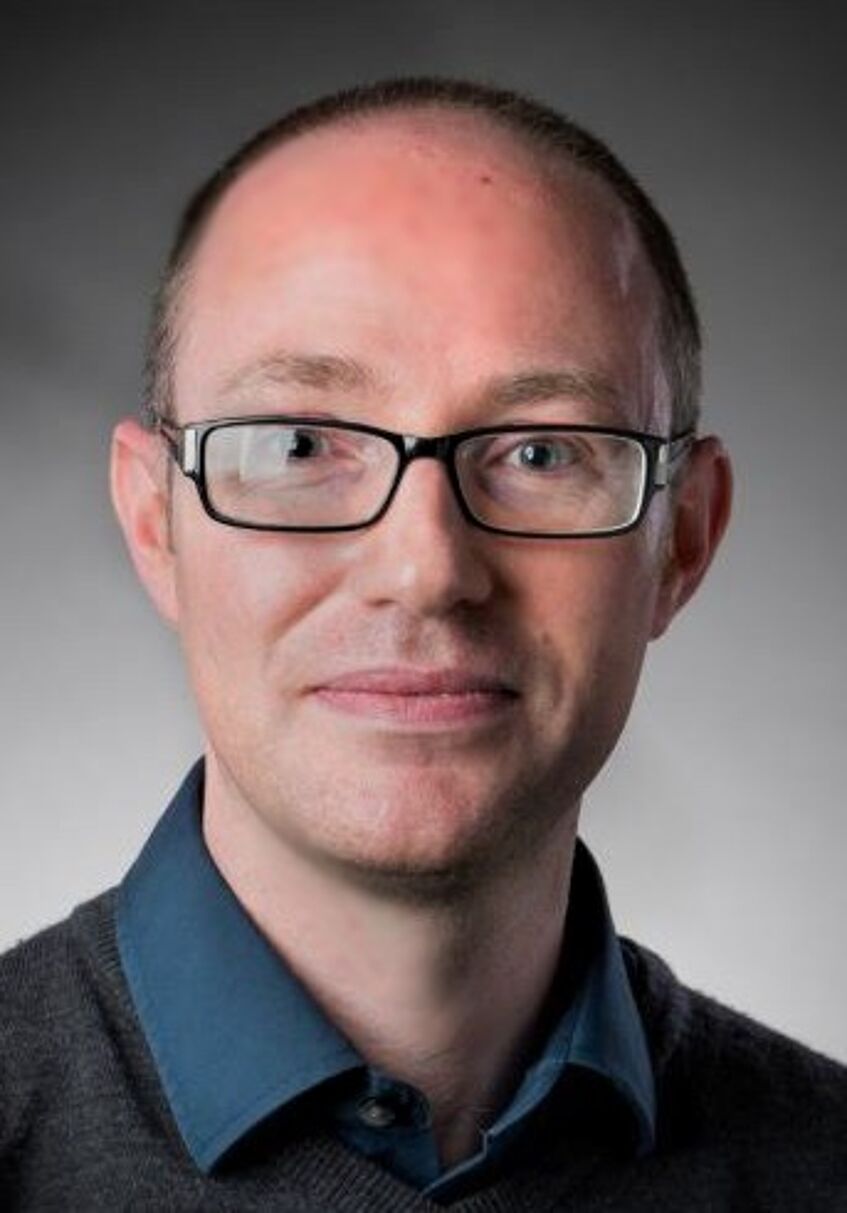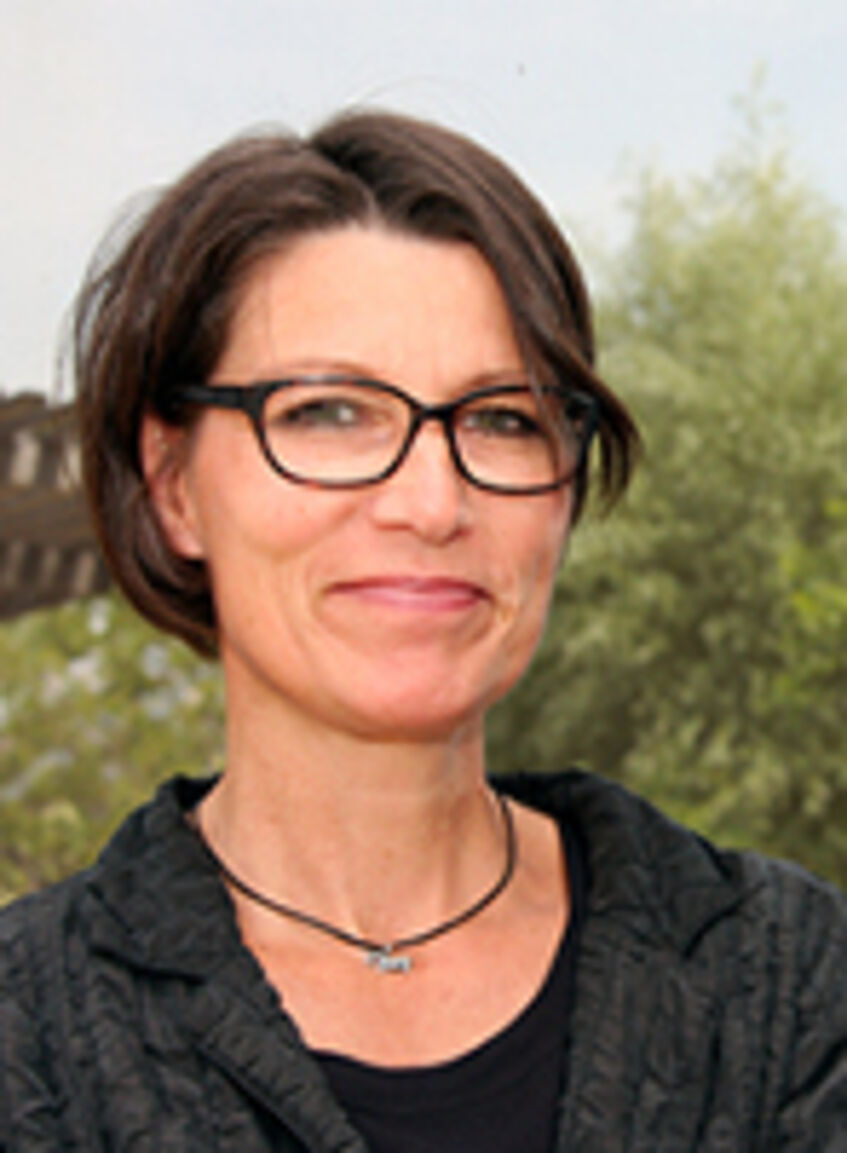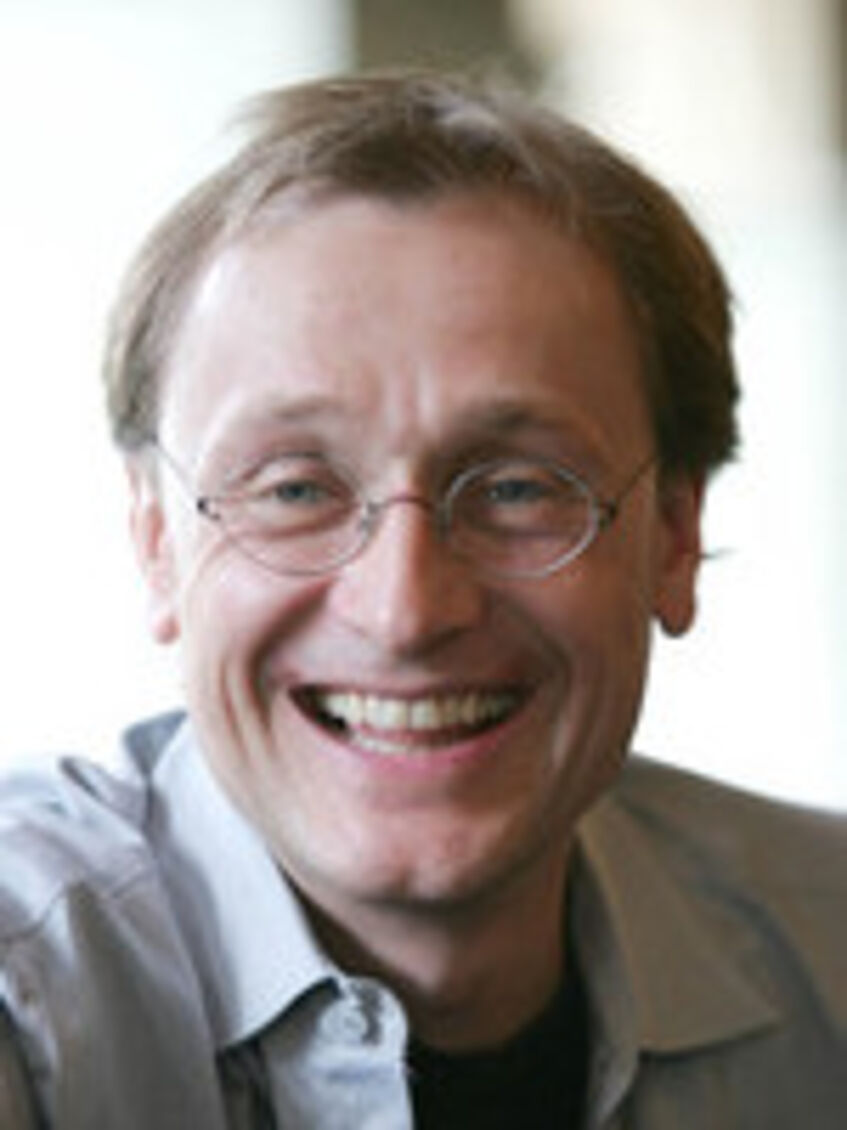Friday, November 18, 2016: 9am – 6pm
Kleiner Festsaal, University of Vienna
Organized by the Research Platform Cognitive Science
In the first CogSci Symposium of the Research Platform Cognitive Science at the University of Vienna our invited speakers and commentators from the fields of Psychology, Philosophy, and Biology will present their perspectives and jointly discuss a theme that has been viral in Cognitive Science throughout the past decade(s) - the relation of action, perception and prediction.
Three internationally renowned researchers – Chris Frith, Patrick Haggard and Anthony Little – will deliver the keynotes.
Keynotes will be commented upon by six researchers from the Cognitive Sciences network and are open to discussion by the entire audience
Registration
Register bindingly (free of charge) with cornell.schreiber@univie.ac.at until November 1, 2016 (limited number of places).
More Information?
Get in touch with us (contact: Cornell Schreiber):
- cornell.schreiber@univie.ac.at
- +43-1-4277-22002
- facebook: event page
Program
Keynote A
9:30am - 11:30am
Keynote B
1:30pm - 3:30pm
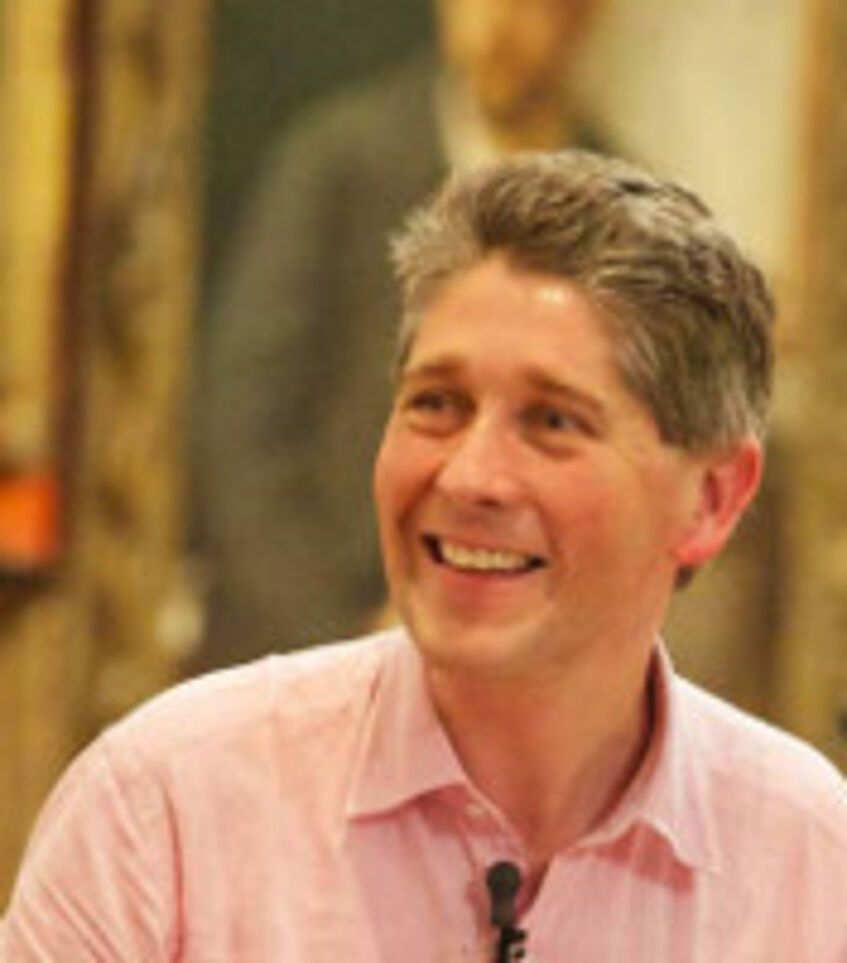
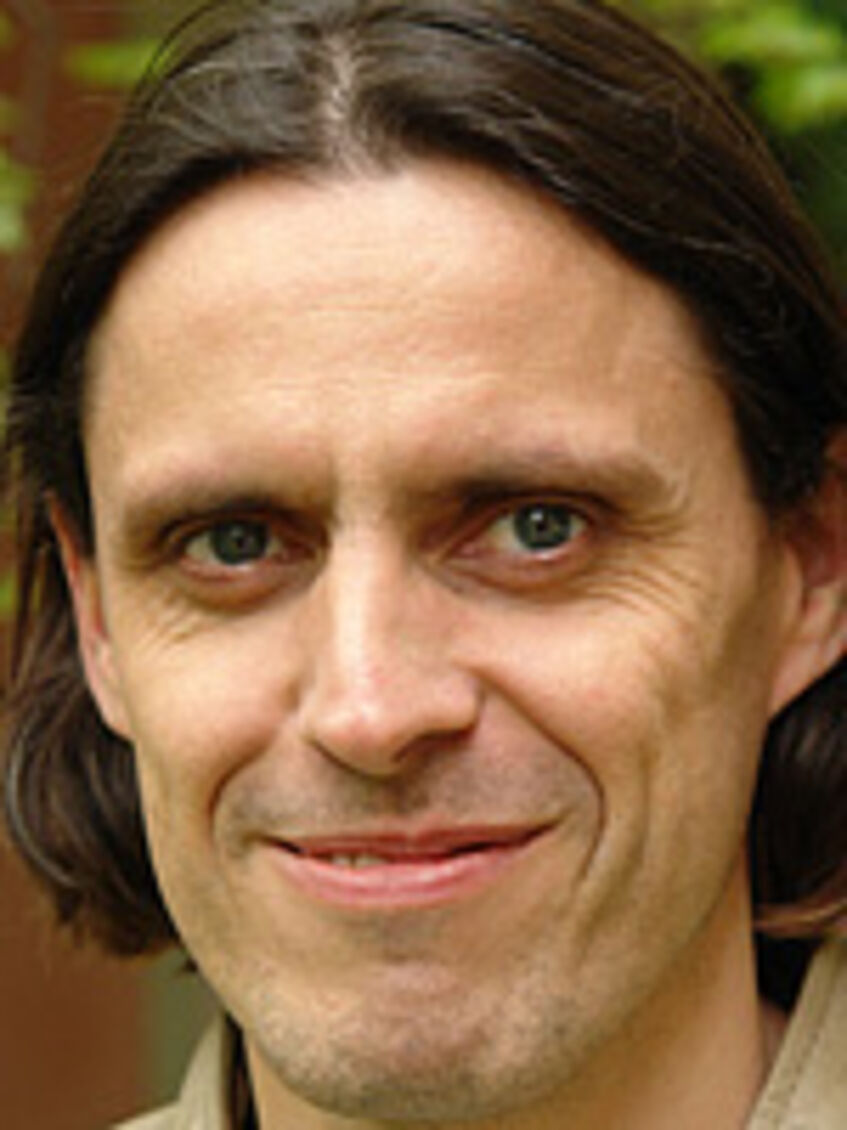
Commentator
Ulrich Ansorge
Department of Basic Psychological Research and Research Methods, University of Vienna
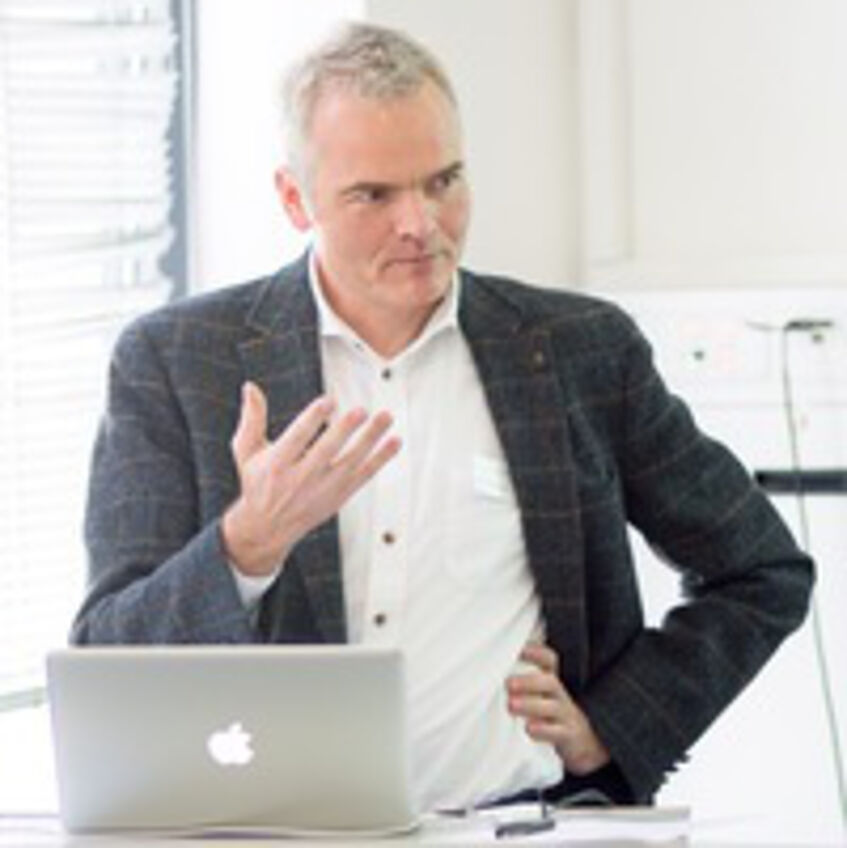
Keynote C
4:00pm - 6:00pm
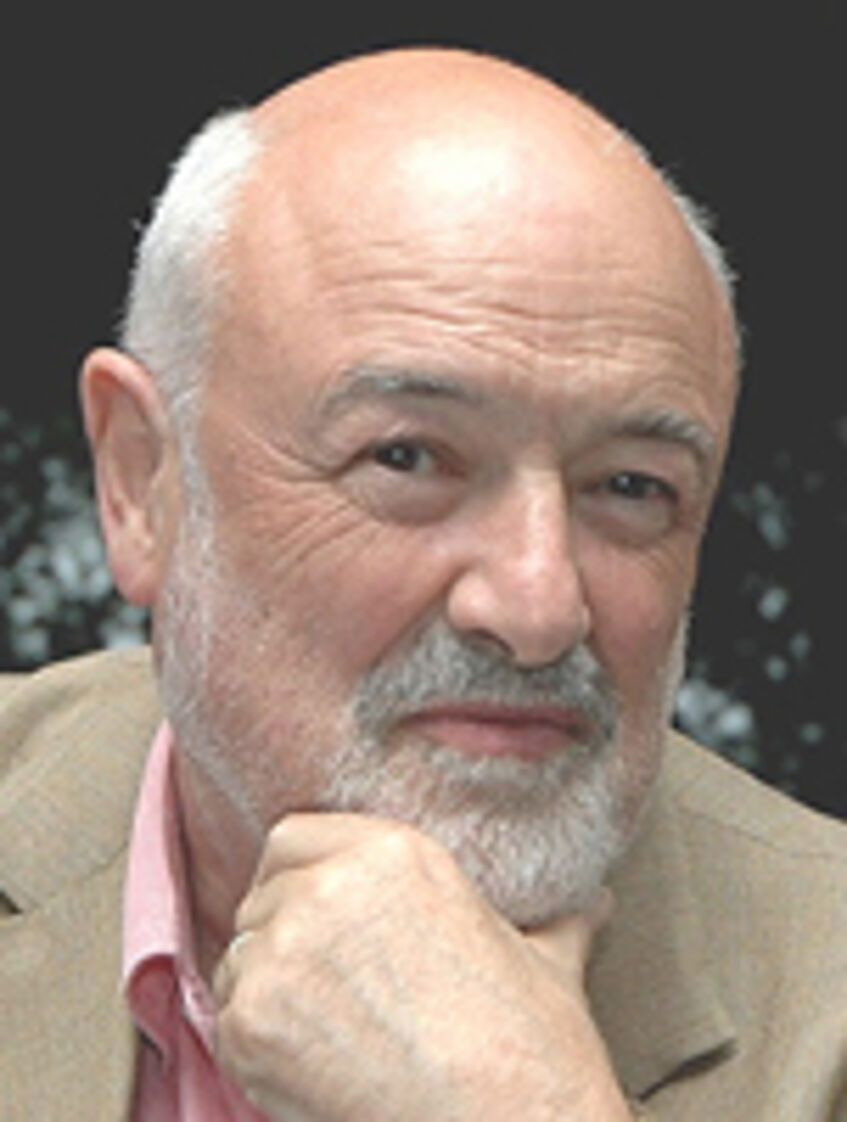
Speaker
Chris Frith
Wellcome Trust Centre for Neuroimaging, University College London;
Institute of Philosophy, School of Advanced Studies, University of London
"Action, Agency & Responsibility"
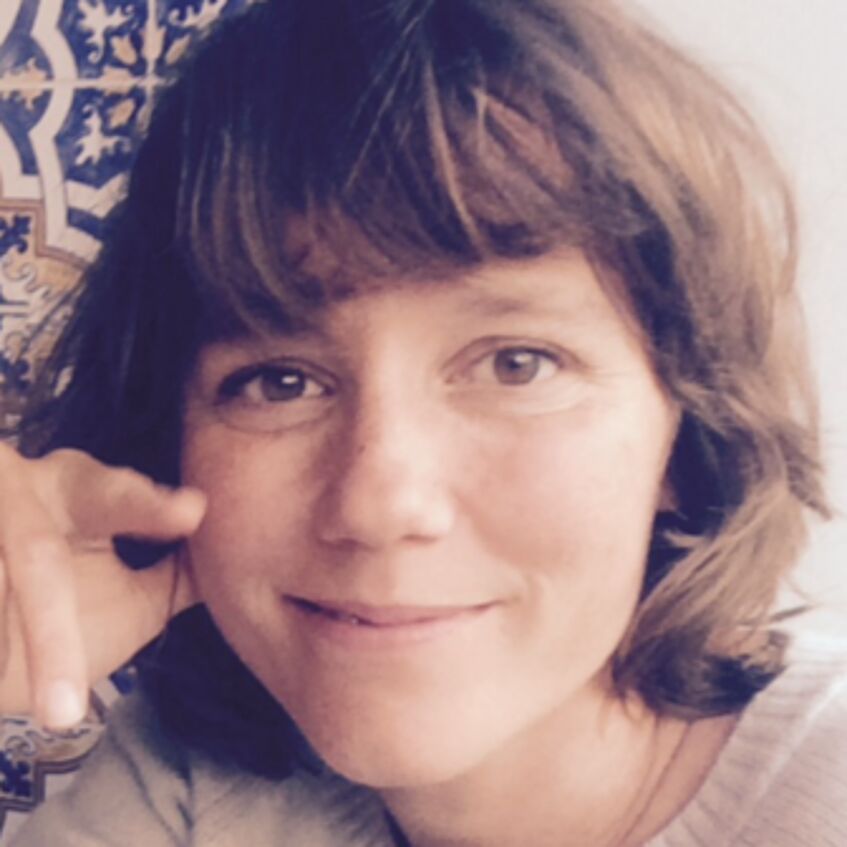
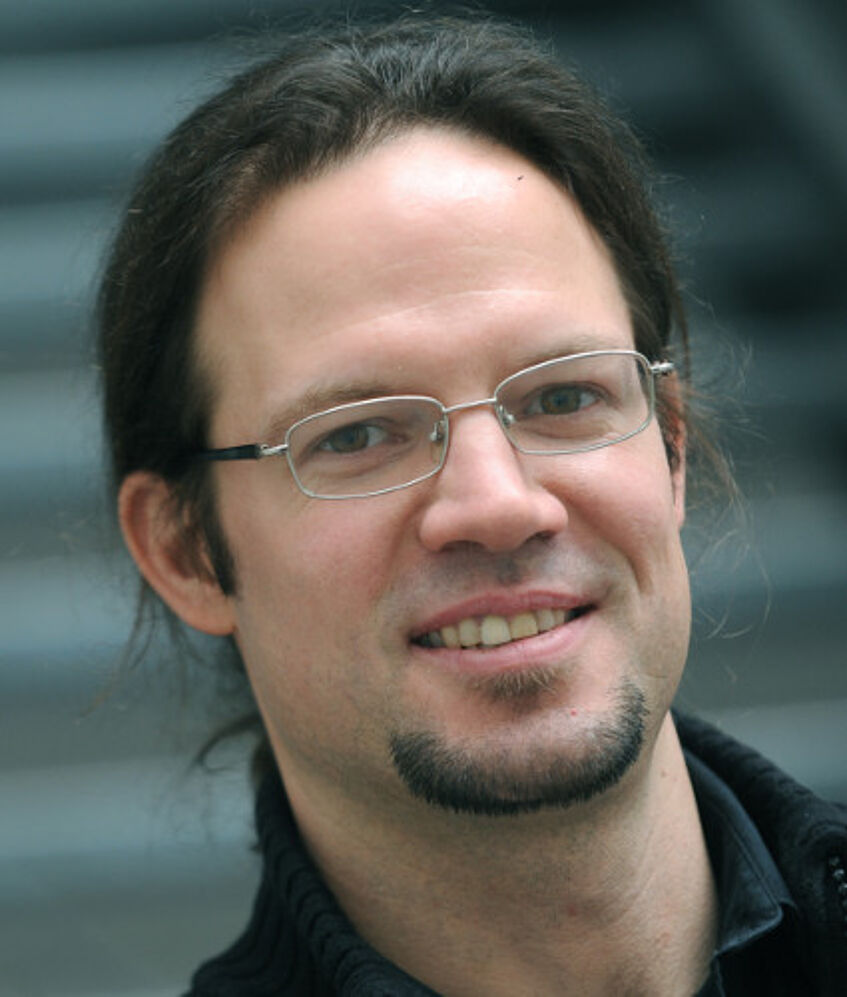
Commentator
Claus Lamm
Department of Basic Psychological Research and Research Methods, University of Vienna
Location
The main building of the University of Vienna is located close to the Schottentor (one of Vienna's central transit points).
Inside the main building the access route to the venue (Kleiner Festsaal) will be signposted.
Within the city public transport tickets can be used for all transport facilities (buses, tramways, and subways). For further information please see the website of Wiener Linien.
Abstracts
"Action, Agency & Responsibility" by Chris Frith
About the talk
We have very little awareness of the details and causes of our actions. We are, however, vividly aware of being in control of our actions and this gives us a sense of responsibility. These feelings arise, first, from intentional binding which creates a perception of agency, linking an intentional action to its outcome and, second, from the counterfactual reasoning that we could have chosen some other action. These feelings of responsibility play a critical role in creating social cohesion since they allow people to be held to account for deliberate antisocial behaviour. Because we are unaware of how little we know about our actions we are happy to make up stories about the nature and causes of our behaviour. These stories often do not correspond with the underlying cognitive and neural processes, but they can be changed through instructions and through discussion with others. Our experience of responsibility for action emerges during our upbringing through exposure to our culture. This creates consensus about the causes of behaviour, but not necessarily accuracy.
About the speaker
Chris Frith is Emeritus Professor of Neuropsychology at the Wellcome Centre for Neuroimaging at University College London and Honorary Research Fellow at the Institute of Philosophy, London University. Since completing his PhD in 1969 he was funded by the Medical Research Council and the Wellcome Trust to study the relationship between the mind and the brain. He is a pioneer in the application of brain imaging to the study of mental processes. He has contributed more than 500 papers to scientific journals and is known especially for his work on agency, social cognition, and understanding the minds of people with mental disorders such as schizophrenia. For this work he was elected a Fellow of the Royal Society in 2000 and a Fellow of the British Academy in 2008. He was Niels Bohr Visiting Professor in the Interacting Minds project at Aarhus University in Denmark from 2007-11 and a Fellow of All Souls College Oxford from 2011-2013. He has been awarded honorary degrees by the University of Salzburg and the University of York. He has published several books, including The Cognitive Neuropsychology of Schizophrenia (Psychology Press, 1992, classic edition 2015) and Making up the Mind: How the Brain Creates our Mental World (Wiley-Blackwell 2007). In 2009 he was awarded the Strömgren medal for work on Schizophrenia, the European Latsis Prize (Jointly with U Frith) for work on ‘Human mind, Human brain’ and the International Prize from the Fyssen Foundation for work on Neuropsychology. In 2014 he was awarded the Jean Nicod Prize (jointly with Uta Frith) for philosophical oriented work in cognitive science.
"Awareness of action: prediction or reconstruction" by Patrick Haggard
About the talk
We feel we decide for ourselves what to do. We also feel that our decisions and intentions lead to our physical actions. Indeed, our culture and society seem to be built upon a concept of individuals as autonomous, conscious, responsible agents. However, neuroscience has often struggled with the idea of voluntary action. One key problem for mechanistic accounts of volition arises in trying to define the origin of voluntary actions in the brain. Second, few neuroscientific accounts have captured the "sense of agency" that characteristically accompanies human goal-directed action. I will report recent experimental work tackling both of these problems. I hope to show that intentional action is a neural mechanism in the human brain, and that it can be studied experimentally.
About the speaker
Patrick Haggard leads the "Action and Body" research group at the Institute of Cognitive Neuroscience, University College London.
"Evolution and the social perception of faces" by Anthony Little
About the talk
An evolutionary approach highlights that selection pressures will have shaped social perception to be functional. Behaviour is extremely complex and so it is unlikely that observers will always behave adaptively but an evolutionary view strongly predicts that social perception should favour adaptive responses. In this talk I will discuss examples from face perception of accurate social judgement and potentially adaptive choices. One key arena for adaptation lies in variation: in preferences, for example, our individual perception of who is attractive appears to be influenced by the condition of the body we inhabit, our partnership status, our reproductive status, and the environment we find ourselves. In all of these domains preference can be said to vary in ways that are to the benefit of the perceiver. Preferences can also be seen to be influenced by simple exposure and via social learning, mechanisms which are also proposed to be adaptive in adjusting behaviour to fit the current environment. Overall, these studies highlight sophisticated and flexible mechanisms for generating variation in face preferences, mechanisms that are sensitive to: Internal biological factors, environment, experience, and other people’s opinions and choices. Understanding the relevant selection pressures on human social choices can reveal why certain cues are so important in faces and illuminate why people vary in their social perception.
About the speaker
Dr Anthony Little is a Reader in Psychology at the University of Bath in England. He became interested in face perception as an undergraduate student at Durham University, completed an MSc at the University of Stirling, and a PhD at the University of St Andrews. He has lectured at the University of Liverpool and the University of Stirling where he also held a Royal Society University Research Fellowship from 2005-2013 before moving to the University of Bath in 2016.
Since he began publishing in 2001, Dr Little has authored 182 academic articles and 11 book chapters, including articles in the Proceedings of the National Academy of Sciences, Proceedings of the Royal Society B, and Psychological Science. His research focuses on how faces are perceived and processed, the information people extract from faces, and why certain faces are found attractive from an evolutionary perspective.



